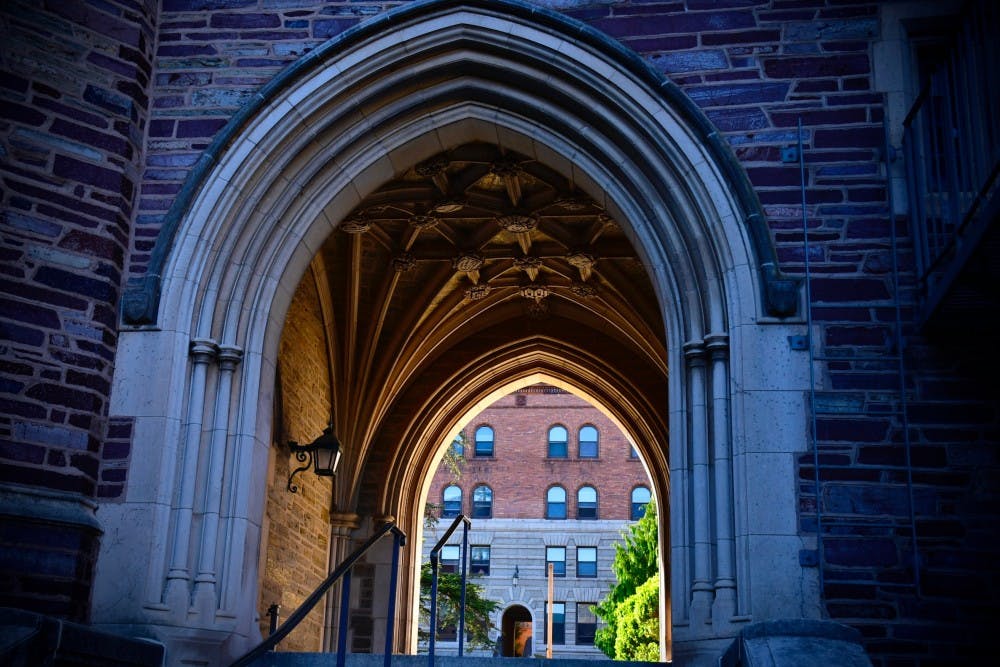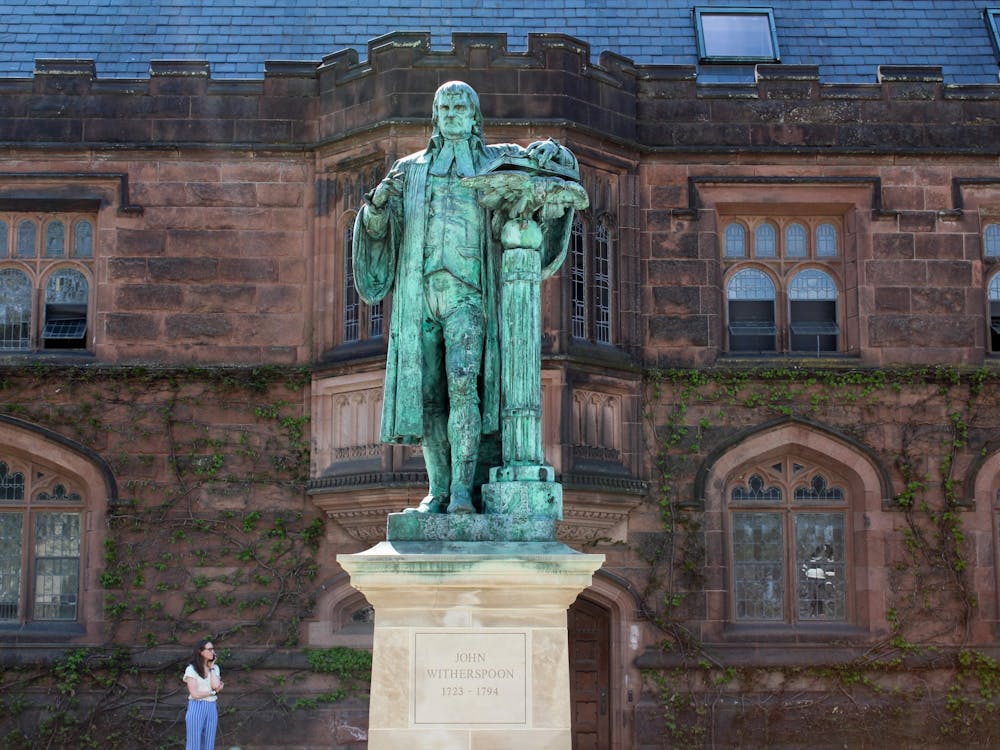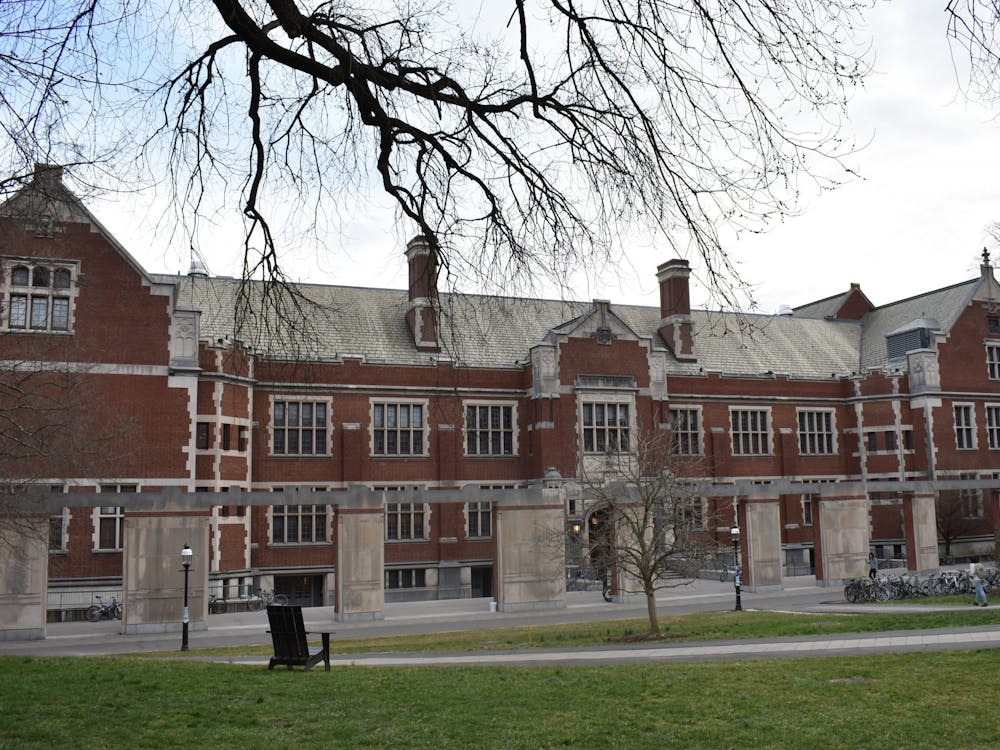Perhaps no life change has been romanticized as much as leaving home and entering college. Such a major life alteration had been impressed on me by family, friends, and especially school. Last May, even after all of my high school classmates and I had decided where we would attend college, our college counselors invited us all back for a Transition Night — an introduction to the dramatic differences between high school and college life.
Yet I found little truth in this romanticizing.
After two months of college, I decided to reflect on my own personal transition to undergraduate life. I found little on which to reflect. For me, the transition to college, while repeatedly described to me as an unforgettable milestone in life, was, in actuality, anticlimactic.
I was fortunate enough to acclimate quickly to the major differences between my lifestyle at Princeton and my lifestyle in high school, much to my surprise. Therefore, I will reflect on why my transition to college did not feel like a transition at all. Unintentionally, I treated each difference between high school and college as a blessing; I now know that this attitude minimized the implications of my transition.
I was reminded on several occasions — with the same cliché metaphor each time — that while I was a “big fish” in high school, I would become “one of the little fish” at Princeton. I would transition from the top of the class to average. I have certainly found this to be true — every student I have met so far shares an immense passion for their studies, which was not at all common in my high school.
Surprisingly, I do not feel too much of an effect from the new passion and intellect that I am surrounded by in my studies or my personal life. Yes, such passion and intellect can enliven seminar discussions to a degree that those in high school never attained. Yes, among the students in my math class, I am no longer the sole advocate that mathematics should be appreciated for its intrinsic beauty.
I was, however, never lonely in my position that mathematics should be appreciated for its intrinsic beauty; I see the addition of other students who agree as a pleasant surprise, rather than a dramatic change in my academic life. Likewise, though I appreciate the increased depth reached in classroom discussions in college, the existence of such depth is not new to me. Only its pervasiveness is.
Perhaps the most obvious difference between high school and college life is the separation from family. But while geography may keep me away from my parents, electronics never fail to bridge the physical gap. In truth, I might spend just as much time calling my parents now as I spoke to them in high school. Although my parents no longer share my physical space, they do share approximately the same amount of my time; such adjustments need not be viewed as a major lifestyle change.
There are two more points in which many students experience a major life transition, yet I did not, which can be attributed to my own peculiarities. First, the freedom of a college class schedule allows many students to choose their own sleeping patterns. I chose to remain on my old high school pattern, waking at six each morning.
The other aspect of college life was undeniably different from my high school life: the proximity of class to home. Previously accustomed to 25-minute commutes to school that were highly dependent on traffic, I quickly acclimated to five-minute walks to class. Such a convenience did not burden me with a sense of novelty; instead, it comforted me with a sense of ease.
In conclusion, for many, the transition to college is subjective. It can be a major change in lifestyle, or in my case, a few small adjustments to an otherwise consistent one. The finale of high school is either called graduation or commencement — an end or a beginning, both ideas connoting a dramatic transition. In reality, one’s high school diploma is neither an end nor a beginning; it is simply another symbol of the continuous movement of life.
We often hear of ways to ease the college transition — perhaps the best way to do so is not to acknowledge the differences between our past and future lives, but rather to minimize those differences, as I did unintentionally.

I wish I had known this on that Transition Night last May. Perhaps that night would have been better spent on more practical advice for daily, pragmatic concerns, which constituted the majority of my psychological transition to college. Perhaps my college counselors could have taught us various mental games to keep one’s brain from forgetting their ID card while taking a shower. I might have benefited more from a lesson on how to distinguish a washing machine from a dryer before one inserts a load of clothes and detergent and sets the machine spinning. I would have appreciated that greatly a month ago.
Oliver Thakar is a first-year from Owings Mills, Maryland. He can be reached at othakar@princeton.edu.









